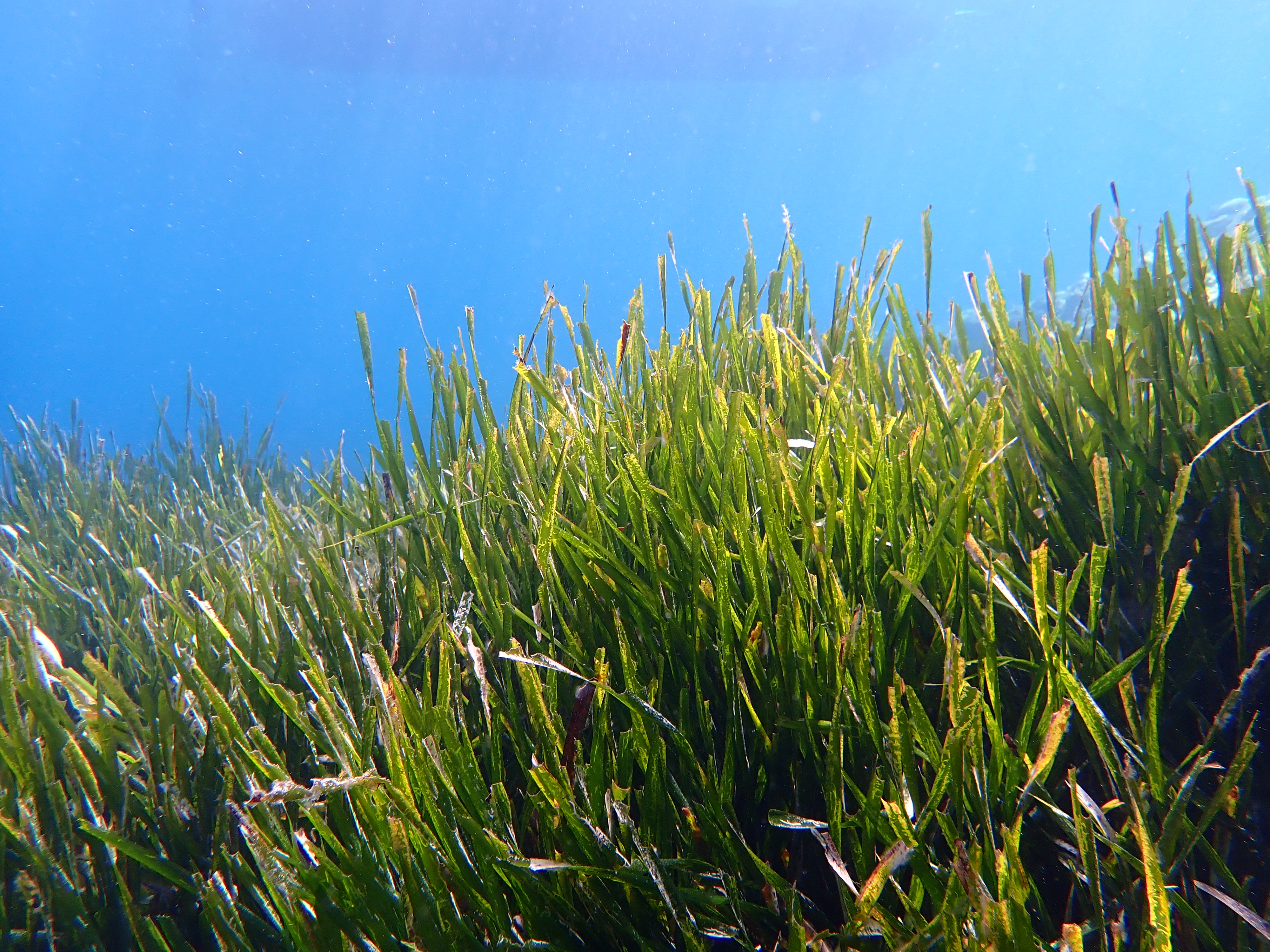A recent study published in Current Biology reveals that young squash bugs (Anasa tristis) rely on fecal matter to acquire essential bacteria called Caballeronia, which are necessary for survival. Squash bugs are a significant problem in agriculture, and finding Caballeronia in the environment is challenging. The researchers found that the young bugs are strongly attracted to feces containing the bacteria. When given a choice between bacteria-containing feces and a saline solution, the bugs overwhelmingly chose the feces. Interestingly, the attraction to fecal matter seems specific to their species, as they were less successful in acquiring Caballeronia from the feces of a related species.
Horizontal transmission, where hosts obtain beneficial microbes from the environment, poses risks as hosts may not always find the right symbiotic bacteria. However, it is a common strategy in stable mutualistic relationships observed in various plants and animals. To understand how squash bug nymphs acquire Caballeronia, the researchers conducted experiments and found that the nymphs can accurately locate adult feces even when the adults are absent. Once they find the feces, the nymphs exhibit feeding behavior, allowing them to acquire the symbiotic bacteria almost perfectly. Additionally, the study suggests that this acquisition behavior is specific to the squash bug species, which may contribute to establishing distinct microbial communities among closely related species living in the same area.
These findings provide valuable insights into the evolution of a reliable strategy for acquiring beneficial bacteria in squash bugs. Understanding how these pests acquire essential bacteria could help develop more effective pest control strategies by disrupting the bacterial supply chain. Further research is necessary to determine the exact role of Caballeronia in squash bugs and how it contributes to their nutrient acquisition from their diet.
References
- Cloyd, R. (2016, July). Squash Bug. Extension Entomology; Kansas State University. https://blogs.k-state.edu/kansasbugs/2021/07/23/squash-bug/
- de Jesús, E. G. (2023, June 28). Young squash bugs seek out adults’ poop for an essential microbe. https://www.sciencenews.org/article/young-squash-bugs-adult-poop-microbe
- Ingwell, L. (2020, June 17). Now is the Time to Treat Squash Bugs. Vegetable Crops Hotline. https://vegcropshotline.org/article/now-is-the-time-to-treat-squash-bugs/
- Villa, S. M., Chen, J. Z., Kwong, Z., Acosta, A., Vega, N. M., & Gerardo, N. M. (2023). Specialized acquisition behaviors maintain reliable environmental transmission in an insect-microbial mutualism. Current Biology, S0960982223007248. https://doi.org/10.1016/j.cub.2023.05.062











